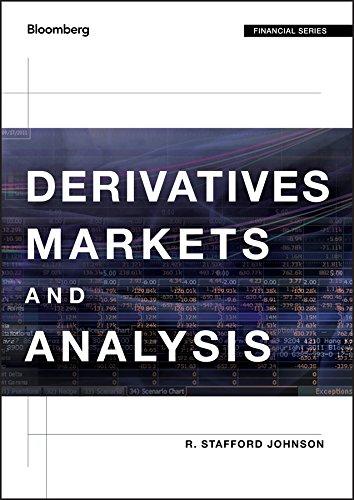Short-Answer Questions a. Who generally assumes the credit risk in a brokered swap? b. Who assumes the
Question:
Short-Answer Questions
a. Who generally assumes the credit risk in a brokered swap?
b. Who assumes the credit risk in a dealer's swap?
c. What is one of the problems with brokered swaps that contributed to the growth in the dealer-swap market?
d. What does the term warehousing mean?
e. What does the term running a dynamic book mean?
f. How do dealers typically quote the fixed-rate and floating-rate on swap agreement they offer?
g. Describe the comparative advantage argument that is often advanced as the reason for the growth in the swap market.
h. If one borrower has a comparative advantage in the fixed-rate market and another borrower has a comparative advantage in the floating-rate market, what is the total possible interest rate reduction gain for both borrowers from creating synthetic debt positions using swaps given that one of the borrowers has an absolute advantage in both the fixed-rate and floating-rate credit markets?
i. If one borrower has a comparative advantage in the fixed-rate market and another borrower has a comparative advantage in the floating-rate market, what is the total possible interest rate reduction gain for both borrowers from creating synthetic debt positions using swaps given that each party has an absolute advantage in one market?
j. What is the hidden option, and does it relate to a difference in credit spreads in the fixed and floating credit markets?
k. Explain how a company could take a swap position to replace its current floatingrate debt with a fixed-rate debt obligation.
Step by Step Answer:






